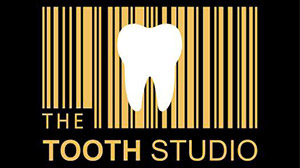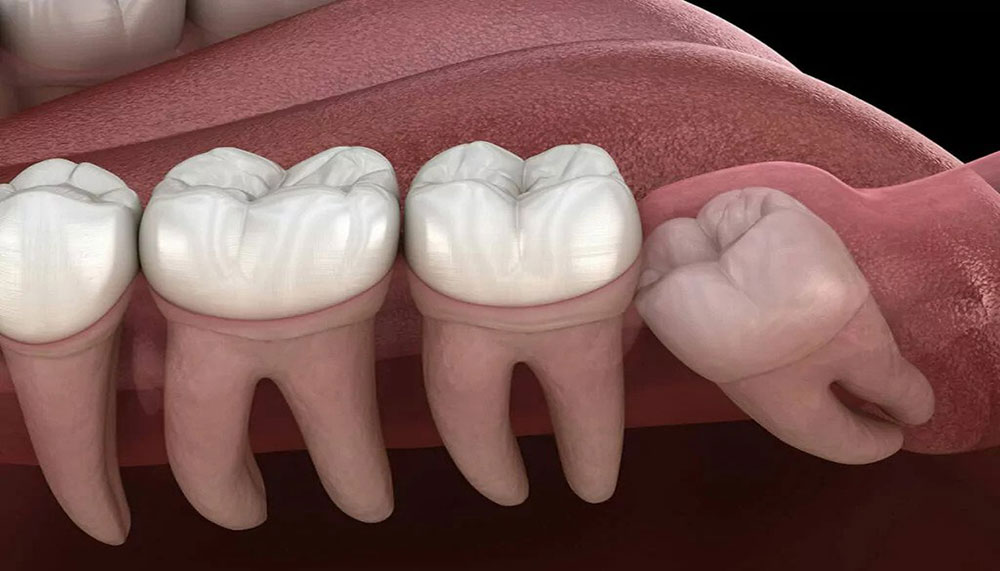Wisdom Tooth Removal
As wisdom teeth are the last permanent teeth to come in, or erupt, there is often not enough room left in your mouth to accommodate them. This can lead to wisdom teeth that are impacted (below the gum line and not erupted). If teeth are impacted, swelling and tenderness may occur in the area of the third molar. A tooth extraction is a relatively routine procedure. Your dentist or a dental specialist, called an oral maxillofacial surgeon, will recommend either local anesthesia, if the teeth are erupted, or IV sedation or general anesthesia, if the teeth are impacted. The oral surgeon will recommend the best anesthetic option to the person who is having their wisdom teeth extracted.
Wisdom Tooth Removal treatment includes :
If the wisdom teeth are erupted, the tooth (or teeth) will be removed. After surgery, you may be asked to bite down softly on a piece of gauze for 30 to 45 minutes after you leave the office, to limit any bleeding that may occur. If the wisdom teeth are impacted and embedded in the bone, the oral surgeon will put an incision into the gums and remove the tooth or teeth in sections in order to minimize the amount of bone being removed. Some pain and swelling may occur, but it will normally go away after a few days; however, you should call your dentist or oral surgeon if you have prolonged or severe pain, swelling, bleeding or fever. Removal of wisdom teeth due to crowding or impaction should not affect your bite or oral health in the future.

